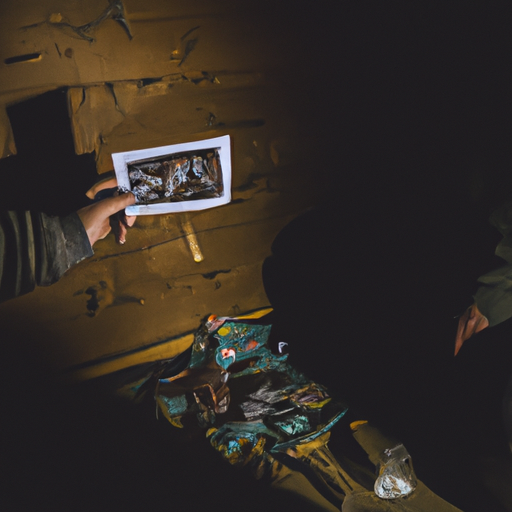The Opioid Crisis: A State of Emergency in Algonquins of Pikwàkanagàn First Nation
In the face of the escalating opioid crisis, the Algonquins of Pikwàkanagàn First Nation has declared a state of emergency. As heavily impacted as the rest of Canada by this devastating crisis, the First Nation community is now tackling the issue head-on, bearing witness to the serious consequences of the Canadian opioid crisis.
The Nationwide Impact of Opioid Crisis
The opioid crisis demands attention nationwide, impacting not only the larger cities like Toronto and Vancouver, but also smaller, close-knit communities such as the Algonquins of Pikwàkanagàn First Nation. Opioids, powerful and frequently addictive painkillers, have been the cause of increasing rates of overdoses and consequential deaths in Canada over the past several years.
The Algonquins of Pikwàkanagàn First Nation and the Opioid Crisis
In the Algonquins of Pikwàkanagàn First Nation, the crisis has escalated to such an extent that it has negatively impacted numerous areas of the community, contributing to homelessness and crime while straining healthcare resources. The Algonquins of Pikwàkanagàn First Nation community has rightfully recognized this as an emergency situation demanding immediate attention.
Key Elements of the Opioid Crisis in the Algonquins of Pikwàkanagàn First Nation
- The opioid crisis has led to an increase in crime, substance abuse, and a rise in homelessness.
- First responders, healthcare workers, and family members of those addicted to opioids are stretched beyond their limits.
- The vulnerability of the elderly and youth within the community is amplified due to lack of adequate resources and services.
Steps Taken to Combat the Opioid Crisis
In response to the alarming situation, the Algonquins of Pikwàkanagàn First Nation, like many communities, has initiated several measures:
- The community has trained its members on how to use naloxone, a medication used to block the effects of the opioids, in cases of overdoses.
- A partnership with the Canadian opioid abatement class action has been established to offset some of the financial burden of combating the opioid crisis.
In Conclusion: The Next Steps in Combating the Opioid Crisis
While the initial steps taken by the Algonquins of Pikwàkanagàn First Nation are commendable, this is only the beginning in addressing the multi-faceted challenges posed by the opioid crisis. A larger collaborative effort involving broader healthcare initiatives, counseling and rehabilitation services, and strategic policy changes at a national level are now essential.
Moreover, given the disproportionate effect of the opioid crisis on marginalized communities such as the Algonquins of Pikwàkanagàn First Nation, it is imperative to incorporate measures that take into account the unique cultural and socio-economic contexts these communities inhabit.
In conclusion, the opioid crisis, while deeply concerning and devastating to communities like the Algonquins of Pikwàkanagàn First Nation, also serves as a wake-up call. It underscores the need for proactive and comprehensive strategies to not only tackle the present crisis but also invest in preventative measures that can preclude such a pervasive health crisis in the future.
Interested in contributing to this conversation or sharing your perspective? Reach out to us! The conversation on the opioid crisis in Canada continues and your voice matters.
